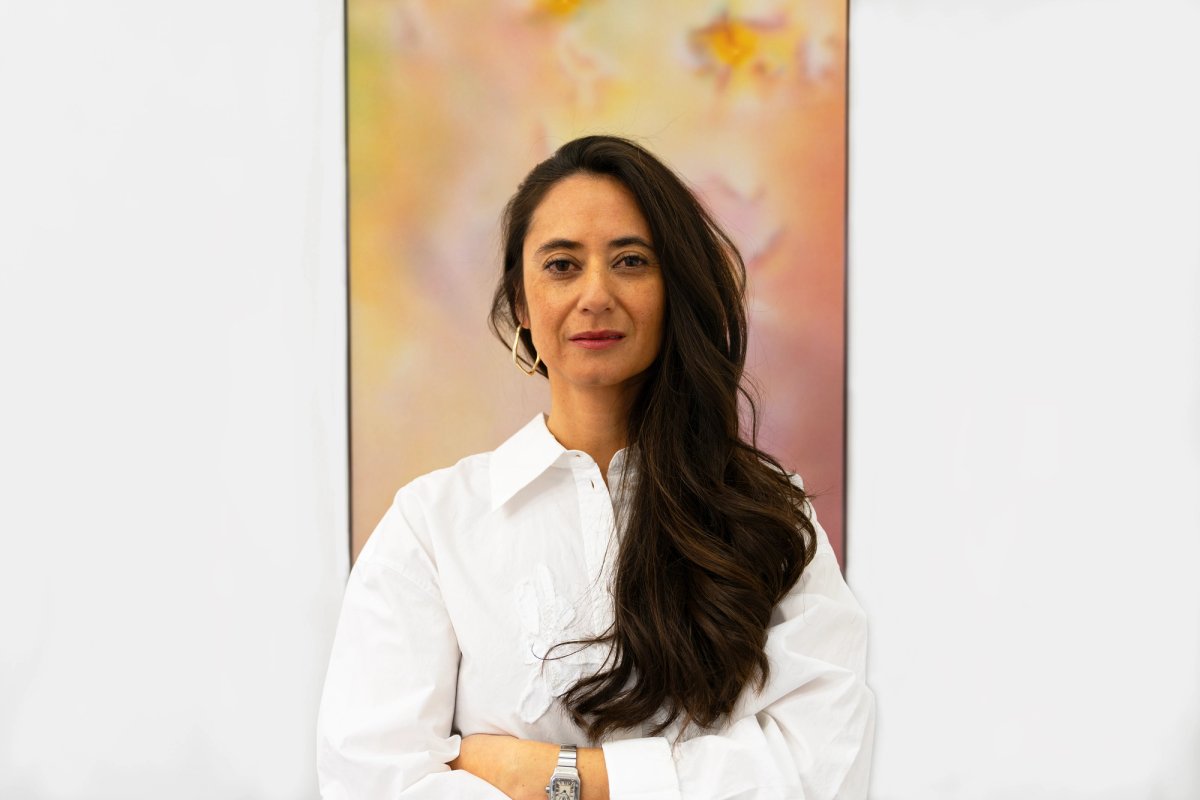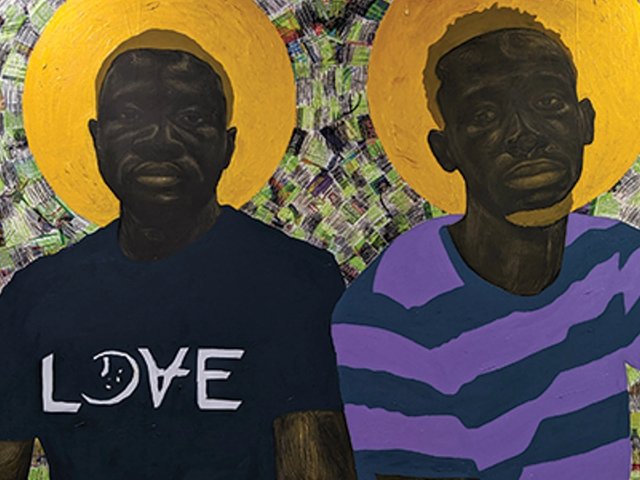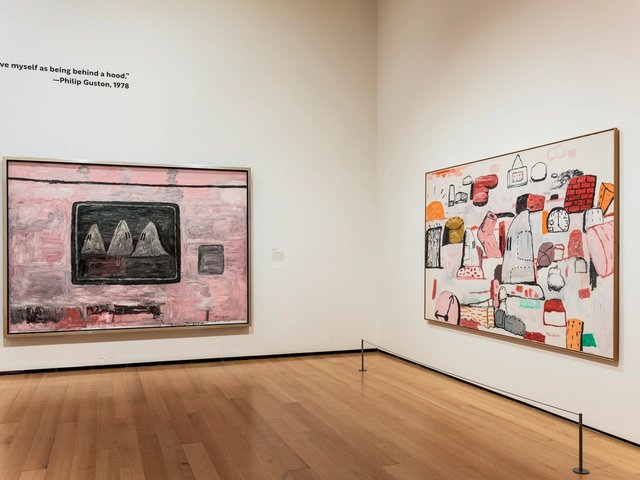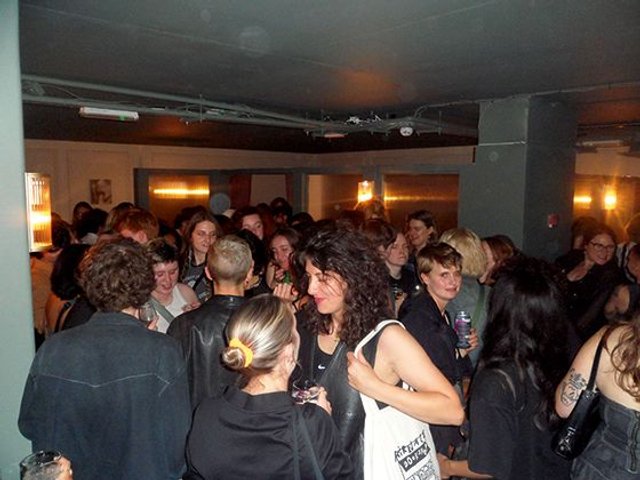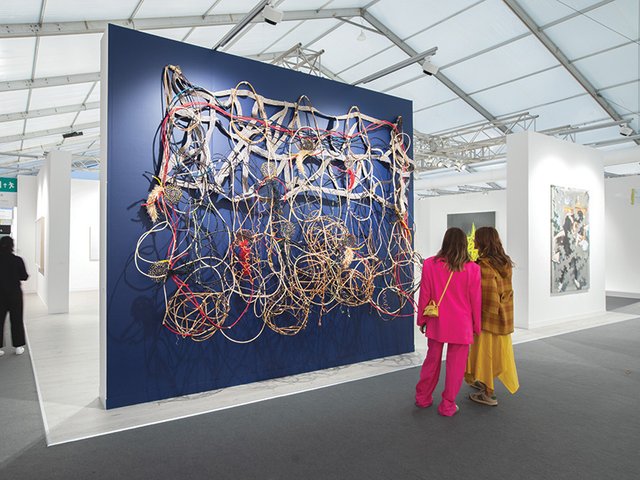A new gallery focused on women and queer artists will open in east London next week.
SLQS Gallery, at 20 Club Row in Shoreditch, has been founded by the artist Sarah Le Quang Sang. It opens on 13 February with a group show titled Felt, expressed, chosen (until 22 March) that explores non-romantic expressions of love, featuring works by Ingrid Berthon-Moine, Dyana Gravina, Mia Wilkinson, Kate Williams, Polly Penrose and Dyana Gravina.
The second show is of photographs by Bex Wade, the first trans non-binary artist whose work has been acquired by London’s Victoria and Albert Museum. Their first solo show, I know who I am by being with you (27 March-26 April) features their photographs of New York’s queer clubbing scene from 2010 to 2013.
The third show organised by Le Quang Sang, who is Franco-Vietnamese, will be a group exhibition about migration and the Vietnamese diaspora, featuring the artists Hoa Dung-Clerget, Duong Thuy Nguyen and Vicky Do (1-24 May).
Le Quang Sang has had a varied career thus far. She studied Acting International in Paris, then read international business, finance and economics at the University of Manchester before moving to Dubai for eight years—working for a real estate business and co-founding one of the city’s first experimental theatre companies. In her mid-30s, with a two year old child, she then returned to London in 2016 to do an MA in performance making at Goldsmiths.
She then became co-director of the charity Procreate Project, which promotes artist mothers. In that role, she co-curated and produced the first Mother Art Prize and Oxytocin: Birthing the World exhibition programme.
"Becoming a mother changed everything—my schedule, my mobility, my decisions,” Le Quang Sang says in a statement. “Starting my own gallery is partly driven by a desire to work in a way that honours this reality. I want to create an environment where women and queer artists feel safe, valued and free to express their many roles without fear or apology.
Speaking with The Art Newspaper, Le Quang Sang says starting the gallery “brings together the two parallel strands of my career—my career as an artist and in business.” The gallery started online last March, launching on International Women’s Day, and Le Quang Sang has since done pop-up exhibitions, and participated in the Minor Attractions fair and Women in Art Fair last October. “But ultimately, I think it’s time to move into a permanent space, which can give stability to the artists I’m showing and also help us grow personal relationships with collectors, curators and institutions—a bricks and mortar space enables us to do this more effectively,” Le Quang Sang says.
Finding that bricks and mortar space proved challenging, however. “I found it in January 2024 but it took me a really long time to secure it,” Le Quang Sang says. “I had my heart set on it because, as an artist, I did a performance in Arnold Circus at the end of the road and I did some community classes in this building too, so it felt the right space for me.” She adds: “I find the Shoreditch art scene really exciting—I’m a big admirer of galleries like Emalin, Kate MacGarry, Maureen Paley.”
Despite increasing press coverage of women and queer artists in recent years, Le Quang Sang feels both groups are still “under-represented and undervalued” in society at large and by the art market. She points to studies such as the Burns Halperin Report, which looks at diversity within museum collections, and the Freelands Foundation reports which were published from 2015 to 2021, looking at the representation of women artists in the UK, which both found that women artists still lag behind men in terms of value and recognition.
The last Freelands Foundation report, for instance, found there were no women artists in the top-ten highest value sales across the Christie’s 20th and 21st century evening sales in 2021. The 2022 Burns Halperin Report, meanwhile, said that between 2008 and 2020, only 11% of US museum acquisitions were of work by female-identifying artists.
Some progress has been made, Le Quang Sang says, but its continuation is never guaranteed: “When you look at the political sphere—for example in the US, where DEI [diversity, equity and inclusion] policies are being removed and [they’re] going backwards on a lot of women’s and queer rights—I think it’s important to not take the advancements for granted. They can reverse quicker than they progressed.”


